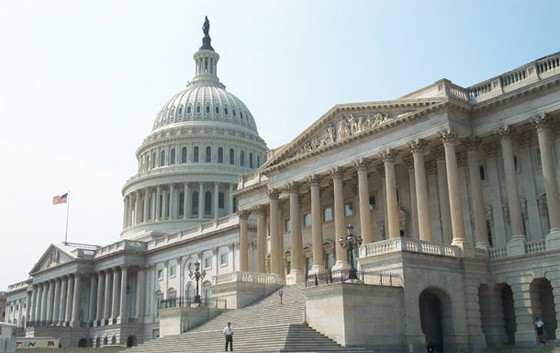
A US lawmaker has tabled new legislation that aims to tackle the high price of medicines in the US compared to other developed economies.
The proposals by Senator Bernie Sanders – who is a Presidential candidate – will be welcomed by those who claim the US public effectively bankrolls the drug industry elsewhere in the world.
At the heart of Sanders’ legislative proposal is a requirement for the US federal government to make use of the buying power and leverage of the Medicare scheme to negotiate better prices for medicines, something that was also proposed by the White House earlier this year.
The bill would also require drug companies to report the total costs of R&D for drugs as well as the prices it charges for them in markets outside the US.
“Americans pay – by far – the highest prices in the world for prescription drugs,” said Sanders, adding that in 2013 the US spent nearly 40% more on prescriptions per person than Canada, twice as much as the average major industrialised country, and nearly five times as much as Denmark.
The independent senator from Vermont has been a long-standing critic of the pharma industry, and in particular the $230m drugmakers spent lobbying Congress last year, and says federal inertia is also contributing to an escalating drugs bill.
“Americans should not have to live in fear that they will go bankrupt if they get sick,” continued the Senator. “People should not have to go without the medication they need just because their elected officials aren’t willing to challenge the drug and healthcare industry lobby.”
The Prescription Drug Affordability Act of 2015 would grant authority to the Department of Health and Human Services (DHHS) to negotiate with drug companies over prices, something it is currently unable to do legally.
Sanders suggests that the federal government could save as much as $541 billion over 10 years by negotiating for prices similar to those paid in other countries by taking that approach.
Other clauses include a ban on pay-for-delay deals for generic drugs, loss of market exclusivity for products involved in fraud or other corrupt practices, as well as the restoration of the minimum rebate on drugs covered under Medicare for low-income beneficiaries.
The rebate was eliminated when Medicare Part D, which provides private health insurance to around 25 million people in the US, came into effect in 2006.
One of the particularly controversial proposals in the legislation is a clause allowing prescription drug re-importation from Canada by individuals, pharmacists and wholesalers.
While proponents of the idea maintain this will help cut drug prices, critics argue it can leave consumers vulnerable to counterfeit and substandard medicines.
The bill has been tabled as debate continues to rage about the price of new targeted drugs for cancer – which can cost upwards of $100,000 a year – as well as a new generation of high-priced hepatitis C therapies.
The topic has come into particular focus this week after it has emerged that the new PCSK9 inhibitor class of cholesterol-lowering drugs – headed by Amgen’s Repatha (evolocumab) and Sanofi/Regeneron’s Praluent (alirocumab) – will cost upwards of $14,000 a year in the US.
Because of the new drugs’ broad target population and hefty premium over older drugs such as statins, the class is expected to add billions of dollars to the annual drugs bill.




